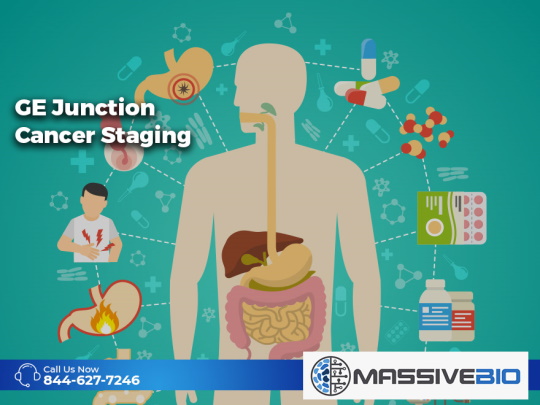GE Junction Cancer Staging is specifically for gastroesophageal junction cancer, to observe the location of the cancer, its rate of spread, and other organs it affects.
GE Junction Cancer Staging is the staging of cancers formed in the region called the gastroesophageal junction, where the upper part of the stomach joins with the lower part of the esophagus. Gastroesophageal junction cancer occurs in the area where the esophagus intersects with the upper part of the stomach.
What Does Staging Mean in GE Resultant Cancer?
Staging of GE junction cancer is very important to determine the condition, spread and effects of the cancer on the body and to determine a treatment accordingly. Treatment begins after the staging process is completed. Staging should be done not only for GE junction cancer but also for all types of cancer. In general, there are 3 main factors that are considered when determining the stage of cancer:
- Tumor size and location
- Whether the cancer has spread to the lymph nodes
- Whether metastasis has occurred
This cancer staging, prepared and widely used by the American Cancer Committee (AJCC), is abbreviated as TNM. The results are evaluated, and the stage of the cancer is decided according to the categories, starting from Stage 0 to Stage 4.
Ge Junction Cancer Symptoms
Gastroesophageal junction cancer may show various symptoms. It is vital to recognize conditions leading to cancer and to start treatment early, by constantly listening to your body and not neglecting health checks. The main symptoms of gastroesophageal junction cancer are as follows:
- Fatigue
- Extremely uneasy stomach and heartburn
- Swelling sensation after eating
- Abdominal pain
- Indigestion
- Persistent nausea
- Unintentional weight loss
If you have such symptoms, be sure to see a specialist. In addition, do not neglect to have routine health checks.
Is Ge Junction Cancer a Preventable Cancer?
Cancer is a disease comprised of many different causes. Genetic structure, environmental conditions, lifestyle and other factors, that are still unknown, effect the formation of cancer. For this reason, it may not be possible to prevent this. However, it is possible to reduce the risk of cancer by paying attention to your diet and lifestyle.




